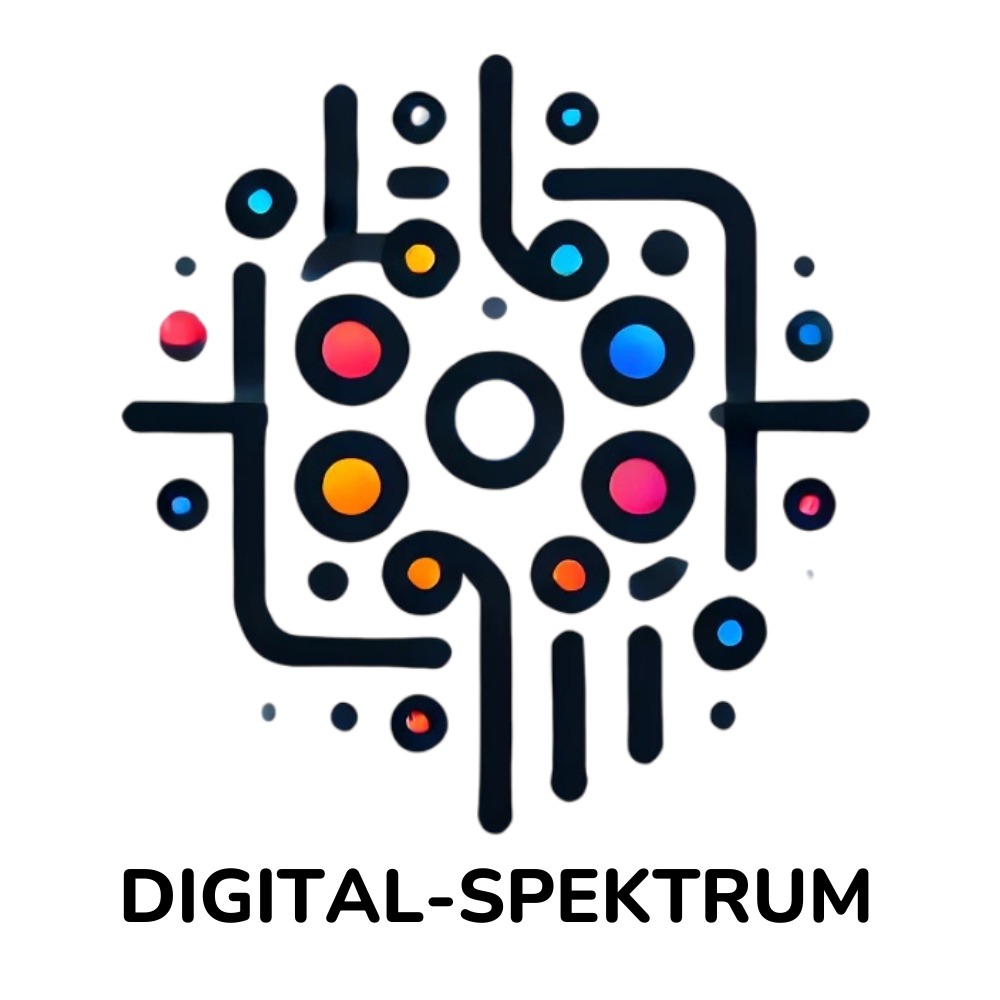Project activities
The Digital-Spektrum project aims to enhance the digital skills and inclusive practices of museum professionals to better accommodate visitors with Autism Spectrum Disorder (ASD). Through a series of well-structured activities, the project will provide comprehensive training and valuable resources to museum staff, ensuring that museums become more accessible and inclusive cultural spaces. Below is an overview of the key activities planned for this project, detailing their objectives, duration, locations, and expected outcomes. These activities are designed to foster collaboration, share best practices, and ultimately improve the museum experience for ASD visitors.
Activity 1: Overall Management
Duration: six months
Location: Virtual
Leading Organisation:
– UNIVERSITA DEGLI STUDI DI ROMA TOR VERGATA
Participating Organisations:
– MUSEU NACIONAL D’ART DE CATALUNYA (Spain)
– Via Artis NGA (France)
Description: The overall management of the Digital-Spektrum project will be implemented at five levels: Contractual Management, Communication Management, Financial Control, Quality Control, and Monitoring and Evaluation. The University of Rome Tor Vergata will lead these activities to ensure efficient and productive cooperation among partners. This activity includes monthly meetings to monitor project development, facilitate communication, and exchange ideas to enhance project implementation. Key tasks involve drafting and managing the Grant Agreement, preparing interim and final reports, setting up a communication plan, financial distribution among partners, and ensuring quality standards through regular assessments.
Activity 2: Digital Object-Based Learning Workshop
Duration: six months
Location: Italy
Leading Organisation:
– UNIVERSITA DEGLI STUDI DI ROMA TOR VERGATA
Participating Organisations:
– MUSEU NACIONAL D’ART DE CATALUNYA (Spain)
– Via Artis NGA (France)
Description: The Digital Object-Based Learning (OBL) workshop aims to train museum staff on how to design, implement, and evaluate OBL workshops for visitors with Autism Spectrum Disorder (ASD). The workshop will cover essential digital skills, methodologies for inclusive education, and practical sessions where participants create a sample workshop. Tasks include identifying workshop elements, setting objectives, developing a communication plan, and organizing hands-on training. A minimum of 30 in-service and in-training museum professionals will participate, gaining valuable skills in digital technology and inclusive educational practices, ultimately enhancing museum accessibility for ASD visitors.
Activity 3: Digital Storytelling Workshop
Duration: six months
Location: France
Leading Organisation:
– Via Artis NGA (France)
– UNIVERSITA DEGLI STUDI DI ROMA TOR VERGATA (Italy)
Participating Organisations:
– MUSEU NACIONAL D’ART DE CATALUNYA (Spain)
Description: The Digital Storytelling workshop will train museum staff in using digital storytelling to create inclusive educational experiences for visitors with ASD. This workshop will teach participants how to utilize digital tools to narrate stories, cater to the specific needs of ASD learners, and foster a participatory approach. Key tasks include designing the workshop, engaging the target audience, developing a communication plan, and conducting practical sessions. By the end of the workshop, at least 30 museum professionals will have acquired digital storytelling skills and a deeper understanding of ASD visitors’ needs, promoting cultural inclusion within museums.
Activity 4: Digital Technologies for Well-Being – An On-Site Workshop
Duration: six months
Location: Spain
Leading Organisation:
– MUSEU NACIONAL D’ART DE CATALUNYA (Spain)
– UNIVERSITA DEGLI STUDI DI ROMA TOR VERGATA (Italy)
Participating Organisations:
– Via Artis NGA (France)
Description: This workshop focuses on using digital technologies to promote the well-being of visitors with ASD. Participants will learn to design, implement, and evaluate workshops that integrate digital tools to enhance the museum experience for ASD individuals. The workshop includes training on various digital technologies, such as mobile applications and augmented reality, which can help ASD visitors navigate and engage with museum exhibits. Tasks involve workshop design, audience engagement planning, communication strategy, and practical implementation. A minimum of 30 museum professionals and social care providers will gain skills in digital inclusion, improving museum accessibility and visitor well-being.
Activity 5: Digital Spectrum Toolkit for Museum Professionals
Duration: six months
Location: Virtual
Leading Organisation:
– UNIVERSITA DEGLI STUDI DI ROMA TOR VERGATA
Participating Organisations:
– MUSEU NACIONAL D’ART DE CATALUNYA (Spain)
– Via Artis NGA (France)
Description: In this activity, participating organizations, led by the University of Rome Tor Vergata, will create a toolkit based on the project’s results and the workshops conducted in Activities 2, 3, and 4. The toolkit will include an introduction to the project, its objectives, and participating organizations, along with best practices and practical advice for designing inclusive digital museum workshops for ASD visitors. The toolkit will be peer-reviewed by all partners to ensure quality and comprehensiveness. It will be disseminated as an Open Educational Resource (OER) on platforms like EPALE, making the project’s findings accessible to a broader audience of museum professionals across Europe.
